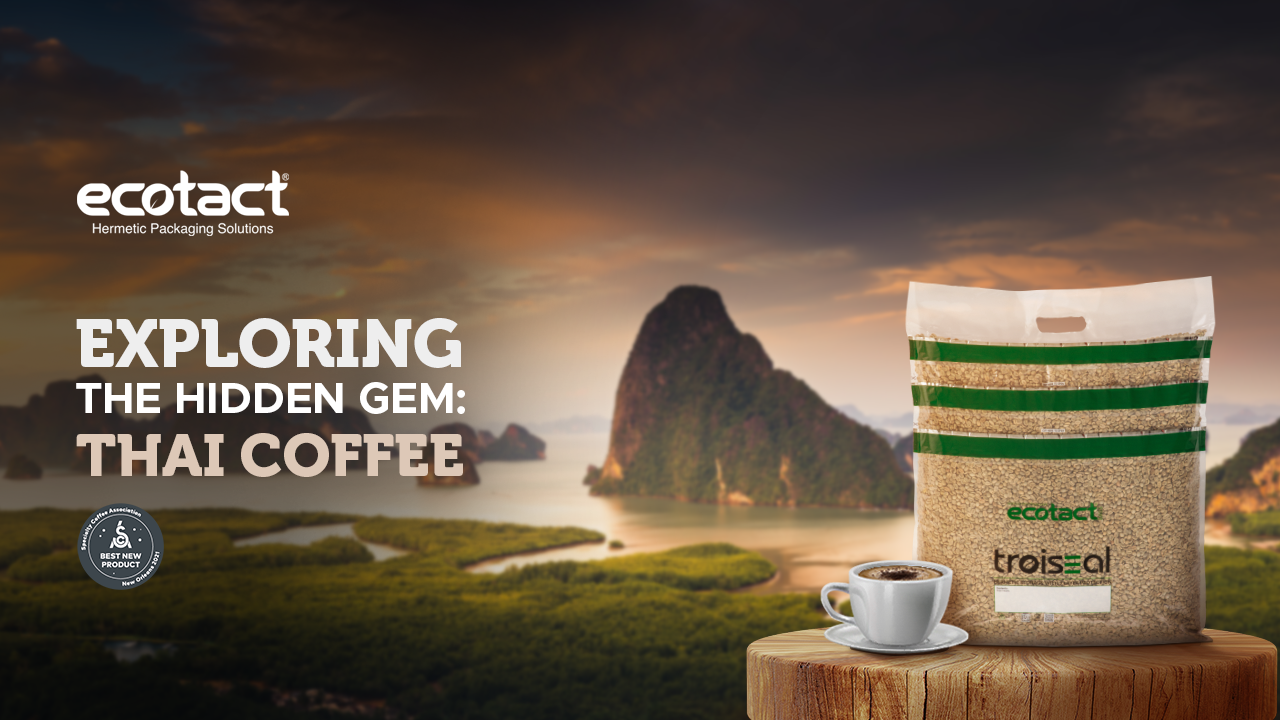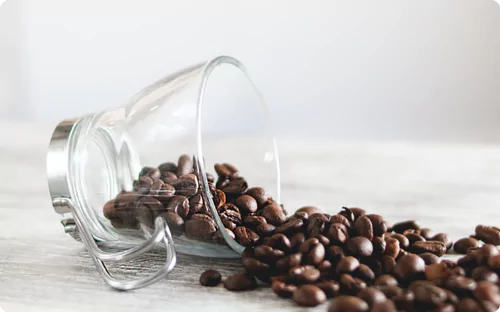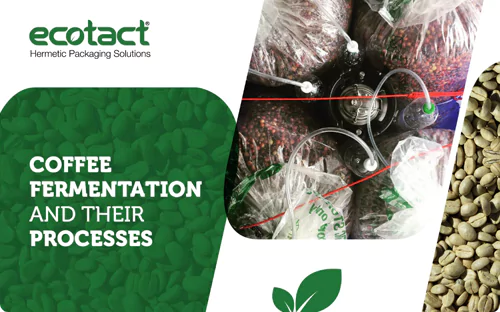Thailand, a land of stunning landscapes, rich culture, and cuisine, is often known as a top travel destination for unforgettable vacations. But very few people know that Thailand has quietly been carving out a niche for itself in the world of coffee production as well. Despite its relatively small size compared to other coffee-producing countries, Thailand has left its mark on the globe. So, let's delve into the aromatic world of Thai coffee and uncover its hidden treasures.
The Brewing History Of Thai Coffee
It's a tale of adventure, flavor, and community—a story that's still brewing to this day. Coffee didn't essentially grow in Thailand like it did in some other parts of the world. It made its way there through travellers, sailors, and traders. It's said that coffee first arrived in Thailand around the late 19th century, Introduced by King Rama V.
But it wasn't an easy journey for coffee in Thailand. The Thai people were quite fond of their tea. Coffee had to undergo a cultural competition with tea lovers to make a space in their hearts and taste buds. Soon the aroma of coffee was in the air!
What Makes Thai Coffee Unique?
One of the most exciting aspects of Thai coffee is its diverse array of flavors and varieties. Thai coffee has a distinct flavor profile and brewing process that sets it apart from other coffee varieties. Arabica beans take centre stage in Thailand, prized for their different flavors and smooth profiles. Meanwhile, Robusta beans play a supporting role, adding depth and complexity to blends. From fruity and floral to bold and chocolatey, Thai coffee offers something for every taste bud.
Spilling The Beans On Thai Coffee Production Statistics
The epicentre of coffee cultivation lies in the northern reaches of the country, with Chiang Mai, Chiang Rai, and Mae Hong Son standing out as premier coffee-producing provinces. Arabica coffee reigns supreme in Thailand, constituting approximately 80% of the nation’s coffee output. Although Thailand's average coffee yield per hectare stands at 700-800 kg annually, comparatively modest to other coffee-producing nations, there has been a remarkable upgrade in production since 2010. Within a decade, from 2010 to 2020, coffee production escalated from roughly 12,000 to 32,000 metric tons, marking a robust compound annual growth rate (CAGR) of 10.4%.
The primary coffee-growing locales span both the northern and southern territories of the nation. Northern regions such as Chiang Mai, Chiang Rai, Mae Hong Son, and Tak collectively contribute approximately 70% of Thai coffee output. Meanwhile, in the south, provinces like Chumphon, Surat Thani, and Nakhon Si Thammarat emerge as significant coffee cultivation zones.
The Authentic Sock Method
Thai coffee can be prepared using various methods, each offering a unique flavor profile and experience. The most common and unique method amongst them is the traditional method called “sock brewing.” This involves using a cloth filter resembling a sock to brew the coffee. The coffee grounds are placed in the sock, and hot water is poured over them, allowing the coffee to drip through the filter. The resulting brew is strong and flavorful, often served with condensed milk for a touch of sweetness.
Sustaining The Flavors
As the Thai coffee industry continues to flourish and gain recognition on the global stage, it's crucial to uphold principles of sustainability and quality at every step of the journey. Embracing this ethos and pushing the boundaries further is Ecotact. With our dedication to redefining green coffee bean packaging through sustainable coffee packaging practices and eco-friendly materials, such as our 9-layer hermetic storage bags, we ensure that the rich flavors of Thai coffee remain preserved and vibrant, from harvest to cup. By prioritizing both the freshness of the beans and the health of the environment, Ecotact’s Eco-friendly coffee bags aim at maintaining the farm-freshness of coffee beans. Ecotact coffee bags are the best choice for storing green coffee beans. We ensure to keep the quality and sustainability intact in every sip. With Ecotact, enjoy your favorite Thai coffee without losing its taste anywhere, in any season!
 English
English
 Spanish
Spanish French
French


